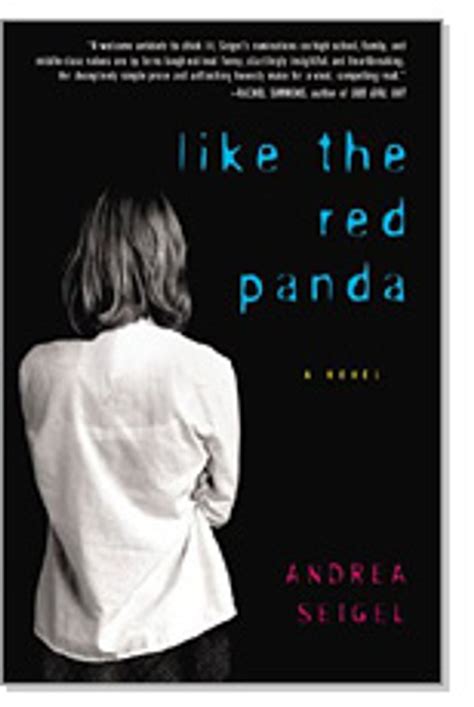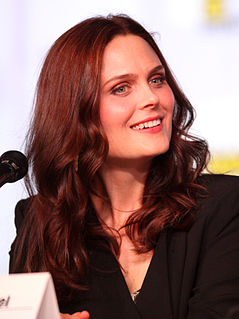A Quote by Andrea Seigel
When I left for college, I told myself that this was a chance for reinvention. No one on the other side of the country knew that I was an introvert, so maybe if I tried not acting like an introvert, I wouldn't be one.
Related Quotes
The exaggerated dopamine sensitivity of the introvert leads one to believe that when in public, introverts, regardless of its validity, often feel to be the center of (unwanted) attention hence rarely craving attention. Extroverts, on the other hand, seem to never get enough attention. So on the flip side it seems as though the introvert is in a sense very external and the extrovert is in a sense very internal - the introvert constantly feels too much 'outerness' while the extrovert doesn't feel enough 'outerness'.
I guess they say that you can find out if you're an extravert or an introvert by how you recharge yourself and I guess I'm more of an introvert in that way because I like to be by myself to recharge, but I'm definitely a people person. I love socializing and being around people and having good conversations.
You use words like 'introvert' and 'extrovert,' various traits of a personality. A lot of that stuff, we used in drama school, and that was kind of interesting, to realize my teachers sort of ripped off a lot of Jung. And how much of it is part of our society now, these phrases, introvert and extrovert, where it actually came from.
I'm not going to try and change you mind." "If you're here, you accept it's my choice. This is the first thing I've been in control of since the accident." "I know." And there it was. He knew it, and I knew it. There was nothing left for me to do. Do you know how hard it is to say nothing ? When every atom of you strains to do the opposite? I just tried to be, tried to absorb the man I loved through osmosis, tried to imprint what I had left of him on myself. I did not speak.
I just knew I loved music, and I wanted to do something in music, but I couldn't sing, I can't dance, I am an introvert. So I was like, 'What exactly is there for me to do? What can I do?' There's all these questions, there's all these things that are telling you 'no' instead of 'yes.' Those are the things I dealt a lot with, my insecurity.






































